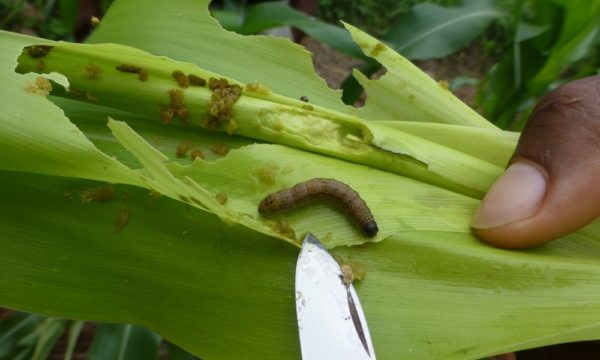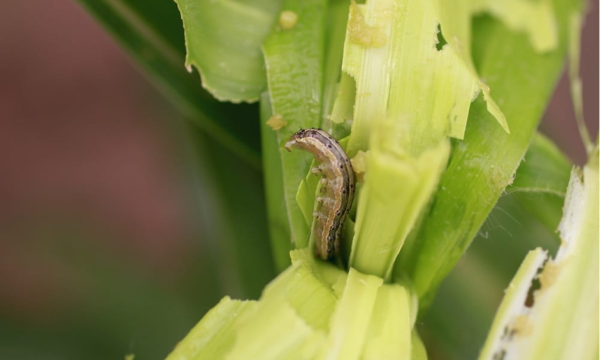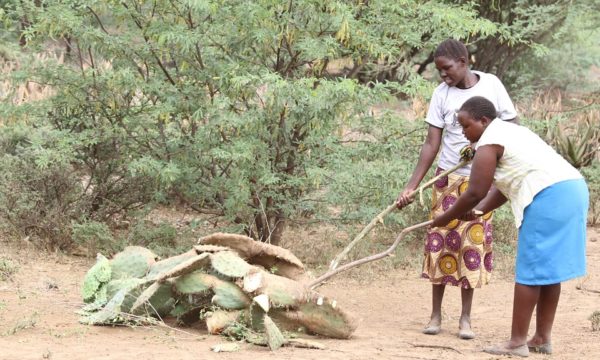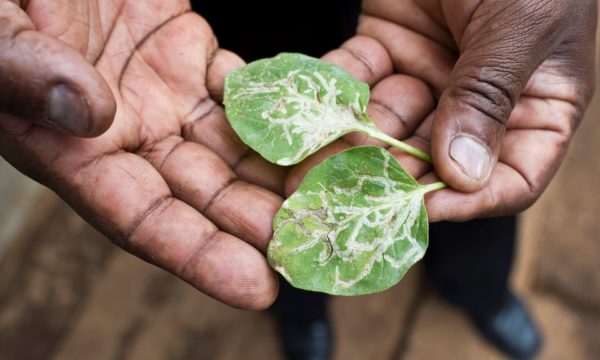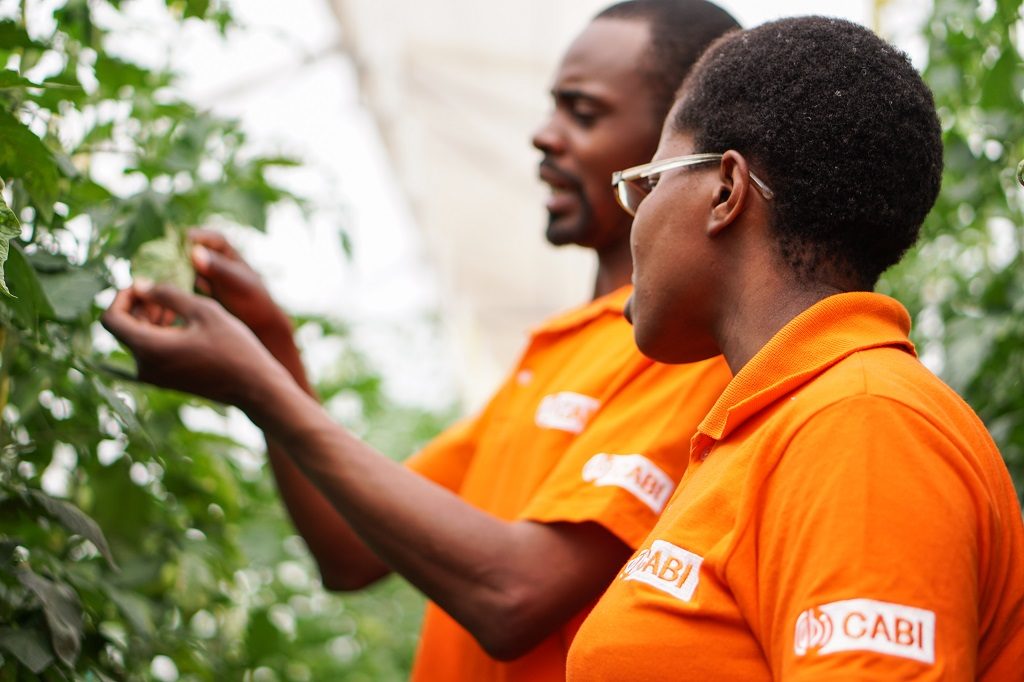
For many centuries, data has been used in agriculture to help farmers, researchers and policymakers make more informed decisions. For instance, farmers use weather and soil data to decide how and when to fertilise, plant or harvest; and policymakers use data about the impact of pest and disease management interventions during evidence-based decision making.
CABI’s work is centred on improving people’s lives worldwide by solving problems in agriculture and the environment. CABI recognises that good quality, more open data is an integral part of achieving this goal. The CABI CKAN Data Repository, which has been set up as part of CABI’s Action on Invasives (AoI) programme is built on open source, free software and allows upload of, and access to, agricultural and environmental datasets from organisations working in the invasives management area. Each dataset in CKAN has a full metadata record associated with it, to show clearly whose data it is, and under what conditions it has been shared. During 2019, CABI set up communities within CKAN and began to gather datasets for key invasive species such as fall armyworm, Tomato leafminer, and Parthenium, as well as other relevant Invasives datasets. By helping to make agriculture data more open, CABI is considering how data is made available in the broader context, and recommends that data outputs should align to the principles of ‘FAIR’ – that is Findable, Accessible, Interoperable and Reusable.
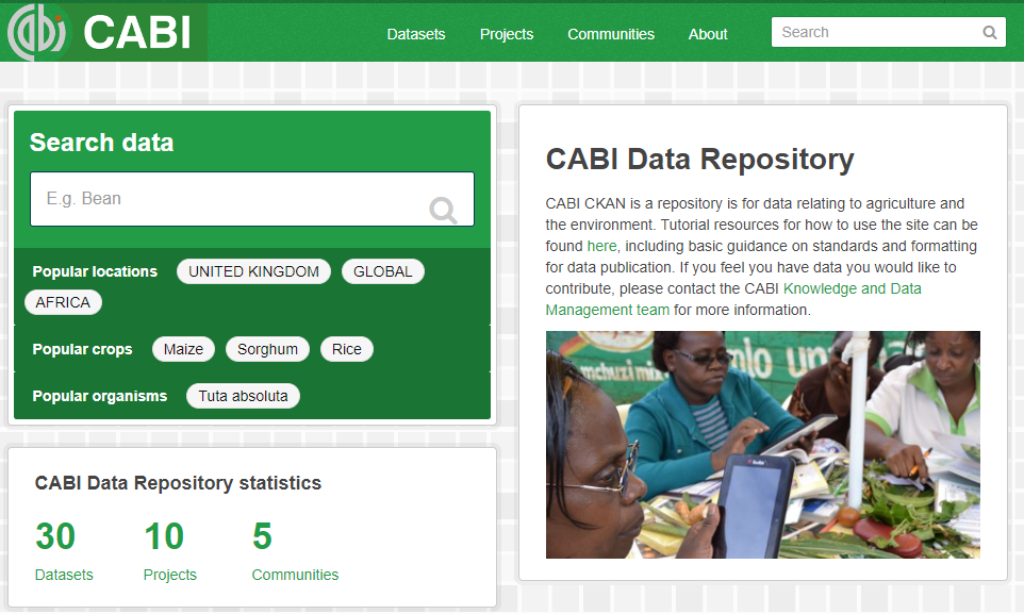
Despite the numerous investments in research by various funding bodies, research is faced with challenges ranging from unavailability of data, loss of data, and data that is accessible to only a small group of people. Making research more accessible could provide wide-ranging benefits, for example, by allowing other researchers to re-use the data and identify trends or correlations with other datasets, or to provide transparency in agricultural production value-chains. This may help to remove some of the potential barriers to access to scientific knowledge in agriculture and the environment, especially in areas where such knowledge can have most benefit: developing nations.
A link to the CKAN site has recently been added to the Toolbox on CABI’s Invasive Species compendium (ISC) to extend its reac,h or search CABI CKAN on Google or other search engines. To learn more about CABI CKAN, basic guidelines for standards and formatting can be found here. If you feel you have data you would like to contribute, or would like to discuss the Open Data Kit (ODK) data collection functionality of the site, please contact the CABI Knowledge and Data Management team at k.reynolds@cabi.org for more information.
Related News & Blogs
Expertise shared on new research which maps growth and spread of fall armyworm in Australia
CABI’s Dr Roger Day has shared his expertise on the fall armyworm (Spodoptera frugiperda) as part of a team of researchers who have sought to map the growth and spread of the devastating pest in Australia. Dr Day, Programme Executive, Action on Invasiv…
9 February 2021

